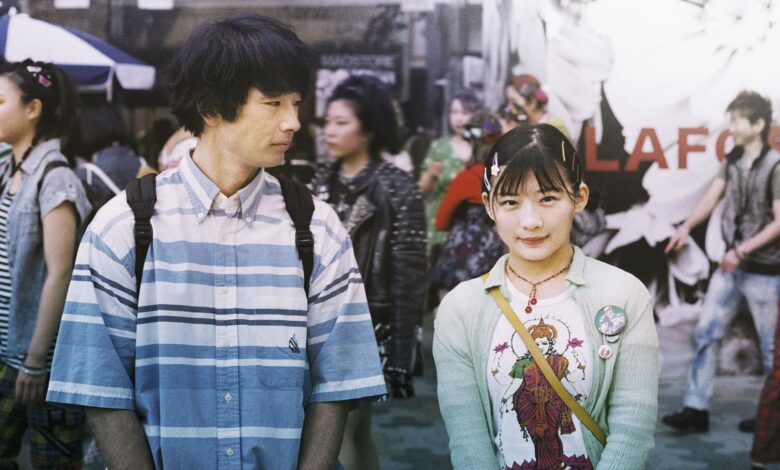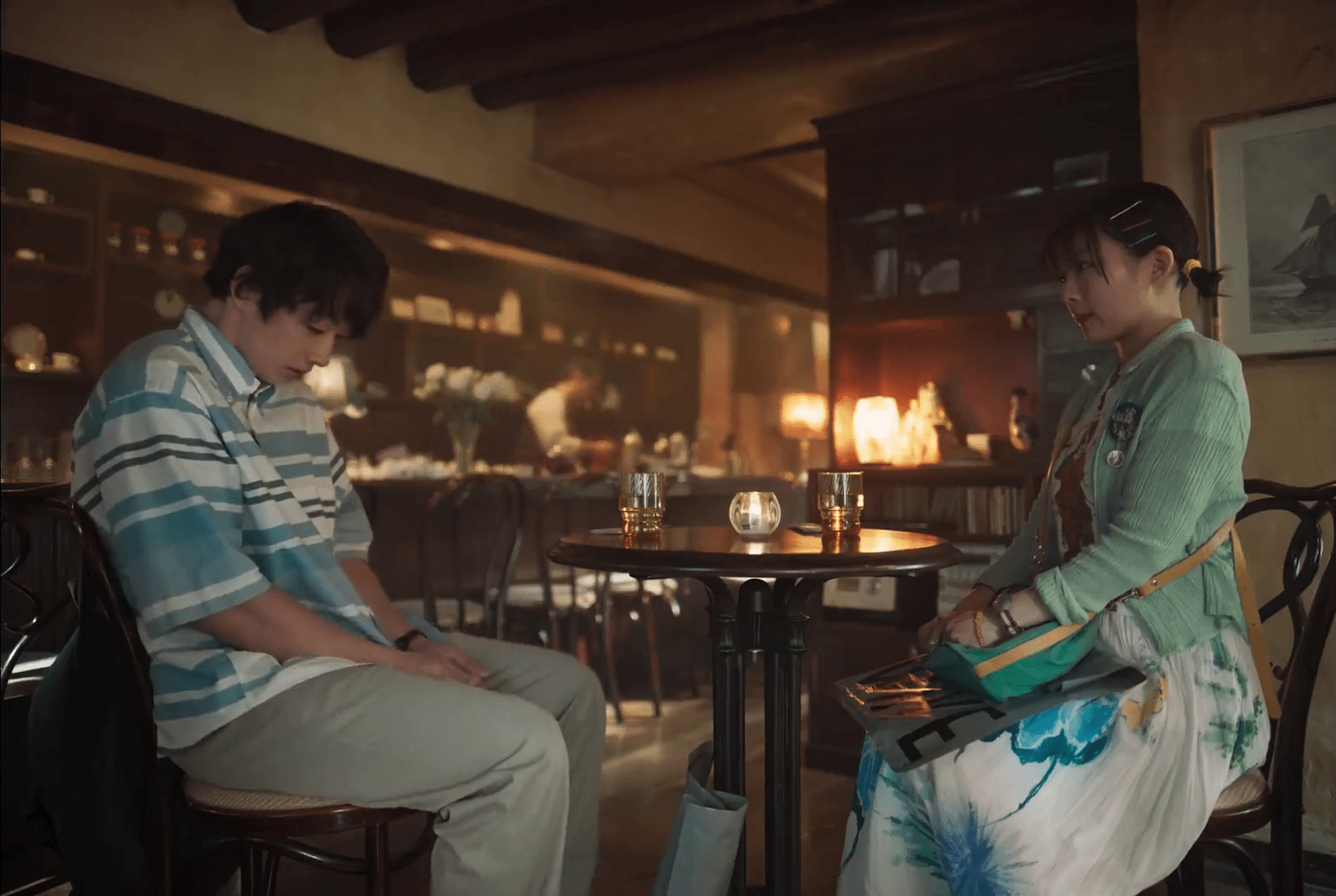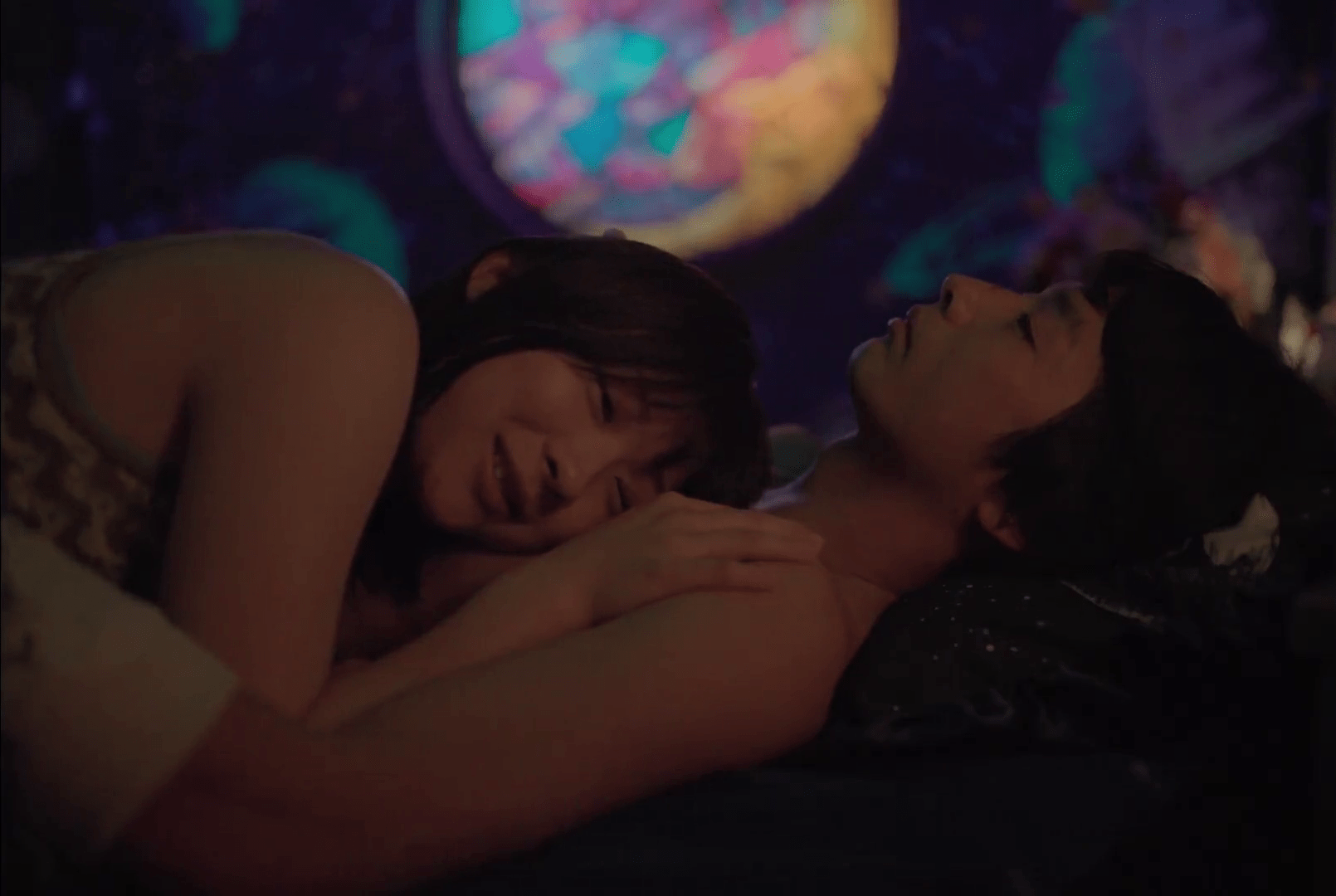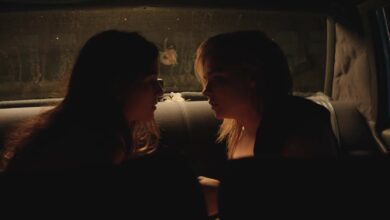We Couldn’t Become Adults (2021): “I kept your letter… even after I stopped loving myself.”

A Letter That Never Faded
In the stillness of modern Tokyo, where neon light drowns old dreams, We Couldn’t Become Adults unfolds like a confession—intimate, raw, and quietly devastating. Based on the novel by Moegara, this 2021 Japanese drama directed by Yoshihiro Mori is not merely a tale of lost love. It’s a reflection of how time strips desire, memory, and identity bare.
And at the heart of it all lies one sentence that punches through the skin:
“I kept your letter… even after I stopped loving myself.”

When Time Doesn’t Heal, It Preserves
The film follows 46-year-old Sato, a man drifting through life like smoke from a cigarette he no longer enjoys. When he receives a Facebook friend request from an old flame’s acquaintance, his past erupts like a wound reopened. Through nonlinear fragments, we unravel his story—from an intense, intoxicating love with Kaori in the 1990s to the numb, lonely adulthood he never imagined.
Their passion was once raw—bodies tangled in rooms filled with cigarette haze and dreams of rebellion. But adulthood, like a silent thief, stole the fire and left behind quiet regrets.
Nostalgia, Nihilism, and the Eroticism of Regret
What makes We Couldn’t Become Adults so emotionally gripping is its sensual tension. This isn’t a film about wild romance—it’s about the s.e.xuality of remembering. About the way a photograph, a familiar scent, or a handwritten note can seduce you harder than any present-day lover.
Kaori isn’t just Sato’s past love—she is his lost self. With her, he lived recklessly, passionately. Without her, he functions, but never breathes. The film draws viewers into that dangerous emotional territory where nostalgia becomes a lover and reality becomes the betrayal.

Drenched in Shadows and Light
Visually, the film dances between the faded tones of memory and the cold clarity of the present. Tokyo is depicted as both vibrant and suffocating—an erotic paradox. The scenes between Sato and Kaori simmer with physical and emotional intimacy, yet never feel gratuitous. Even their silences are drenched in longing. Their shared bed is more a battlefield than a refuge.
Love is a Scar You Don’t Remove
We Couldn’t Become Adults isn’t a film you merely watch—it’s a film that watches you, asking where your letter is hidden, who your Kaori was, and whether you, too, stopped loving yourself somewhere along the way.
It’s not just a story. It’s a mirror, smeared with sweat, tears, and ink. A film about all the things we wanted, tasted, lost—and the ache that lingers like a lover we never truly let go.





